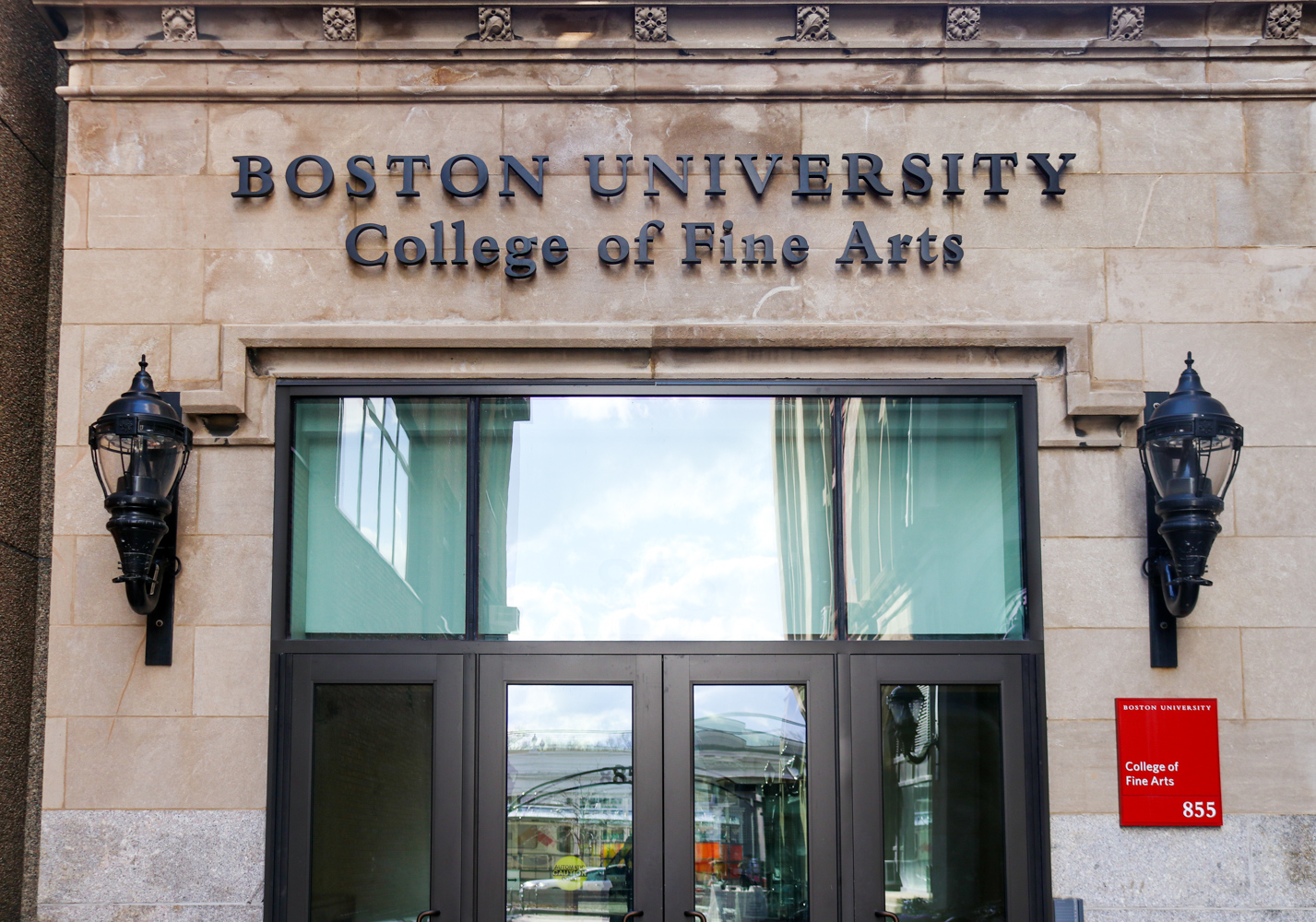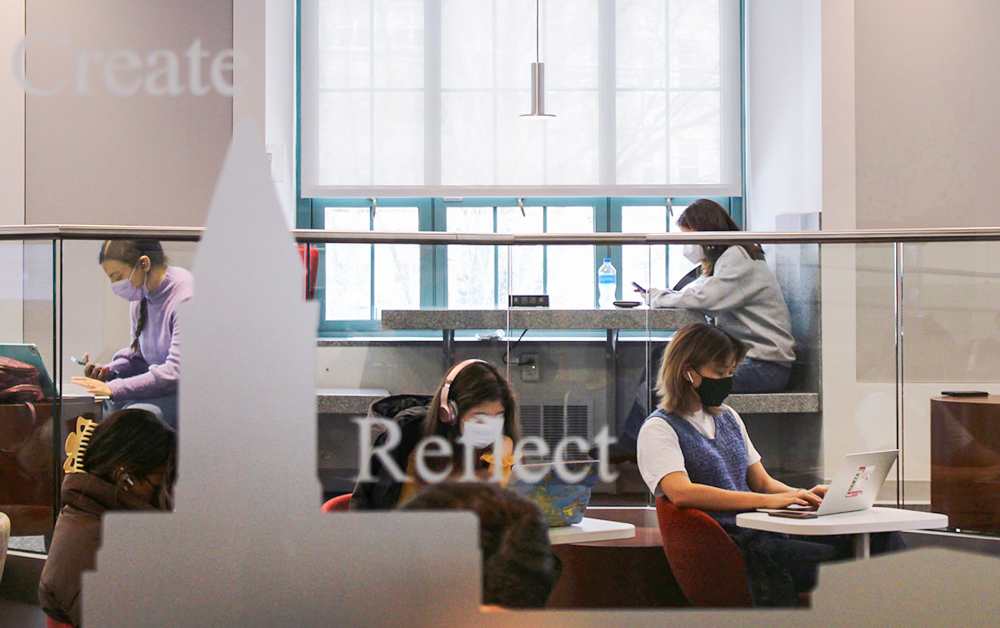Despite having appropriate grades to do so, many low-income, high-achieving students do not apply to selective colleges or universities for financial reasons, a recent analysis of every high school student who took the SAT found.
Boston University economics professor Andrew Newman said underprivileged students often do not apply because they are unaware of certain selective universities or because they do not believe they can achieve admission.
“They seem to be thinking that the reason why disadvantaged high achievers don’t attend prestigious universities as much as their more advantaged counterparts do is because either it doesn’t occur to them or they don’t believe they can do it, or they’re too far away,” he said.
The study, reported by The New York Times Saturday, was conducted by two longtime education researchers from Harvard University and Stanford University and appears as a National Bureau of Economic Research working paper.
Only 34 percent of high-achieving high school seniors within the lowest income quarter attend any of the most selective colleges in the U.S., according to the study.
Newman said it is important for low-income students to be exposed to others because it advances their careers.
“Your exposure to other high-achieving people from other backgrounds helps you not only learn and acquire other skills, but also helps you with networking which will help you later on in your career,” he said.
Opinions vary on how to encourage universities to draw more low-income students and provide them with more money, although it might be most beneficial to force universities to meet a certain quota of less privileged students, Newman said.
“The kind of policy that we want, assuming we want to get more integration, is something more like an affirmative action policy, where you actively force elite universities to admit high-achieving underprivileged people so that they’re actually going to the same school as high-achieving, privileged people,” he said.
Writing Program professor Allison Blyler said that although money is a factor, it is also important for people surrounding low-income students to help them understand their potential. “
“Universities offer financial aid, but that’s not the only thing that students need, it’s not just about the money,” she said. “You need to wonder if students aren’t being directed to the universities, or if they’re being intimidated by the universities not reaching out to them.”
A number of BU students said money should not be a factor in being able to attend prestigious universities.
Katelyn Burns, a College of Communication junior, said money should be offered to needy students who are able to get into more selective schools.
“It should be fair — if low-income students deserve to get in, then money should be offered. I feel like a lot of people make it work with loans or financial aid.”
School of Hospitality Administration junior Richard Giesen said it is the responsibility of colleges to offer an opportunity to everyone with potential.
“The point of a university is to offer an education, and if you’re just putting the education behind those with the money as opposed to those with the talent, you’re not helping anyone and you’re not fulfilling the purpose of your institution,” he said.
Alex Valdovinos, a College of Arts and Sciences senior, said he has personally seen qualified, low-income students fail to apply to more prestigious universities.
“For example, this valedictorian at my school didn’t apply to the big schools because he had no money,” he said. “He could’ve gotten into MIT [Massachusetts Institute of Technology], could’ve gotten into Harvard, but he didn’t apply. He was a smart kid, but he didn’t have enough money to go to the better colleges.”

























































































































